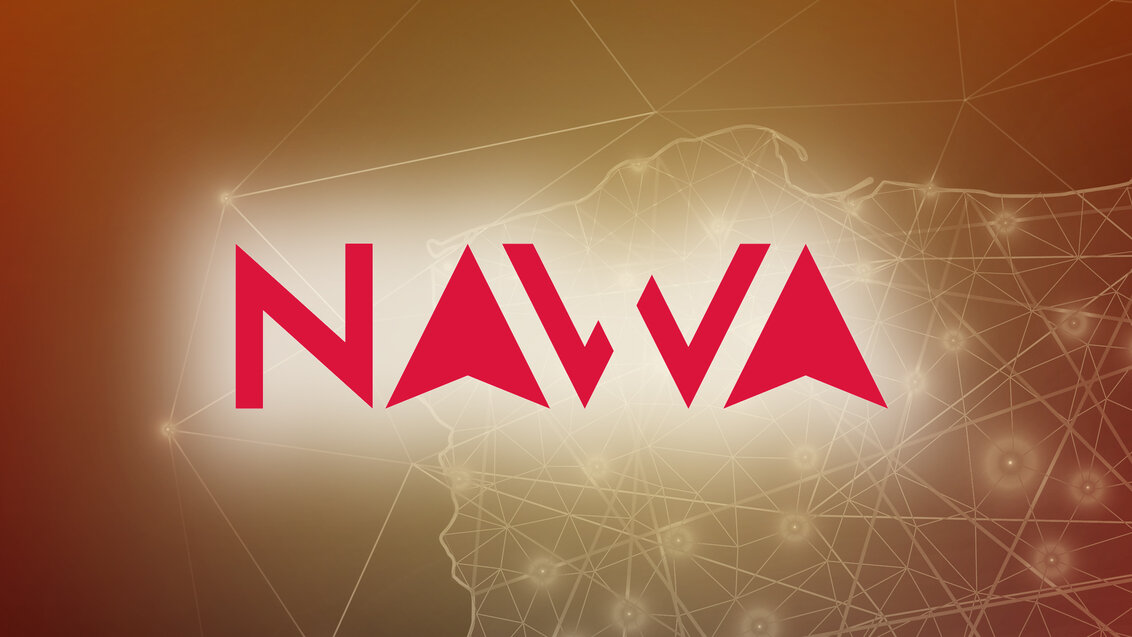
- 05.02.2025
Marie Skłodowska-Curie Actions (MSCA) support researchers at various stages of their professional careers by funding research and training in Europe and beyond. At the same time, the programme enables institutions to develop their staff through the recruitment of researchers and the participation of staff in international research and training projects. The programmes included in MSCA can be carried out in any scientific discipline and can concern both fundamental and applied research. The basic requirement is the international mobility of researchers.
The MSCA Staff Exchanges action funds international and inter-sectoral exchange of staff involved in research and innovation activities in participating organisations associated in a consortium.
The objective of MSCA SE grants is to take up or develop cooperation between EU Member States and Horizon Europe Associated Countries as well as non-associated Third Countries through the exchange of staff between academic and non-academic (e.g. business) organisations.
Benefits from participation in an MSCA SE project:
for organisations:
- receiving attractive funding of 100% of the costs corresponding to the project objectives:
- seconding staff and hosting staff from other consortium members,
- taking up/developing international cooperation with various organisations (e.g. businesses, universities, research institutes),
- strengthening cooperation between science and business,
- exchanging knowledge and carrying out a joint research idea or innovation,
- raising the competencies of and providing training for research, management, administrative and technical staff,
- increasing the innovative and research potential;
for staff:
- developing professional international contacts and collaboration across Europe and beyond,
- gaining new knowledge, exchanging knowledge in the area of research and innovation with staff members from other sectors and in various domains,
- acquiring experience in the academic and non-academic sector – improving the career development perspectives,
- raising competencies,
- acquiring new soft skills.
 AGH University Alumni Day 2024
AGH University Alumni Day 2024  Projects by AGH University Main Library with funding from Scientific Social Responsibility programme
Projects by AGH University Main Library with funding from Scientific Social Responsibility programme  Honouring those we lost this year
Honouring those we lost this year  On energy transformation and more. Distributed Energy Congress
On energy transformation and more. Distributed Energy Congress  Space Technology Centre in newly-established Polish Partnership for Earth Observation
Space Technology Centre in newly-established Polish Partnership for Earth Observation  AGH University to establish AI Factory
AGH University to establish AI Factory 

